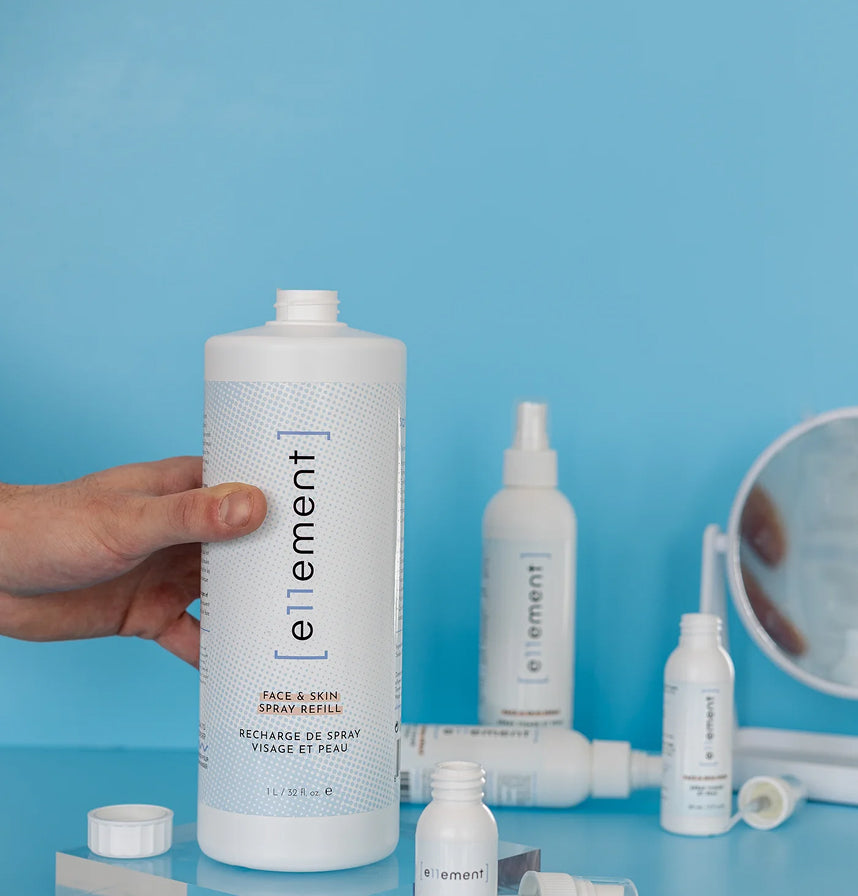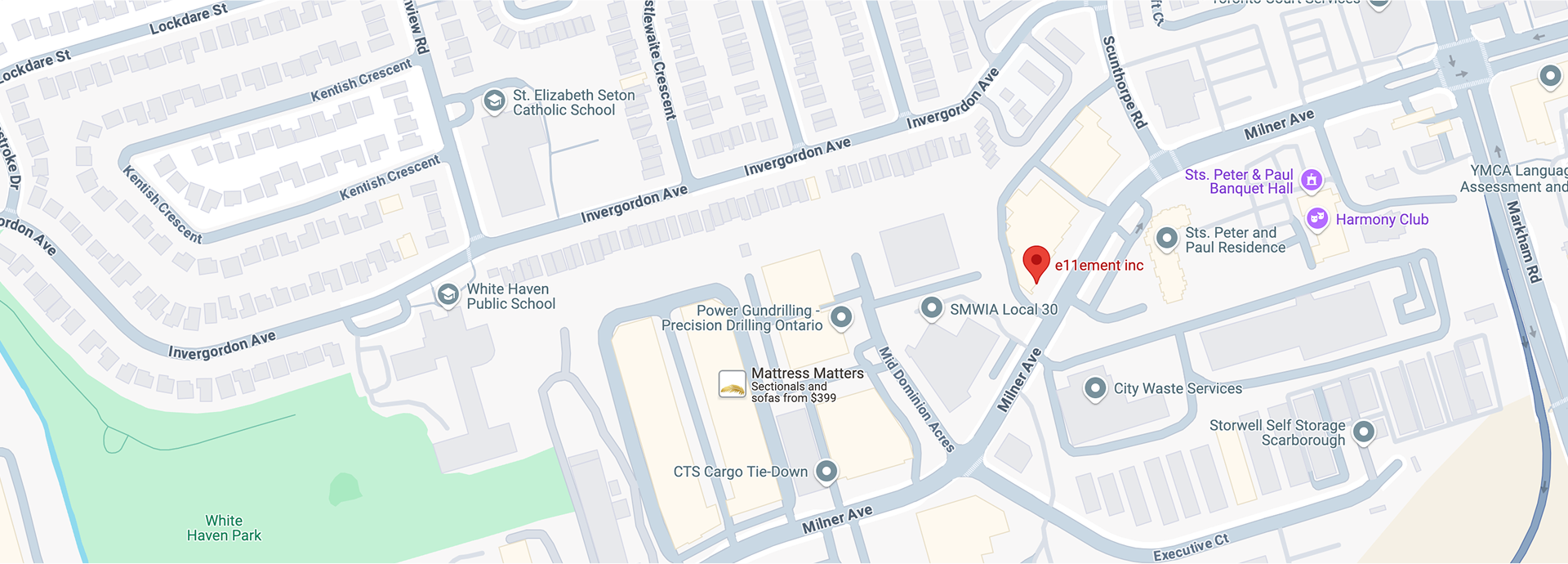In recent years, the demand for effective disinfectants has skyrocketed due to global health concerns. Among the many options available, Hypochlorous Acid (HOCl) spray has emerged as a popular choice. This article explores the benefits and applications of HOCl spray compared to traditional disinfectants, shedding light on its rising popularity.
What is Hypochlorous Acid?
Hypochlorous Acid is a weak acid that occurs naturally in the human body. It's part of our immune system, produced by white blood cells to combat pathogens. In a commercial context, HOCl is generated through the electrolysis of saltwater, resulting in a solution that is both powerful and safe for various applications.
How Does HOCl Work?
HOCl works by breaking down the cell walls of bacteria, viruses, and fungi, effectively neutralizing them. This mechanism is similar to how our immune system fights infections, making HOCl a natural and effective disinfectant.

Advantages of Hypochlorous Acid Spray
Safety
One of the most significant advantages of HOCl spray is its safety profile. Unlike many traditional disinfectants, HOCl is non-toxic and non-irritating, making it safe for use around humans, animals, and even food.
Efficacy
HOCl is highly effective against a wide range of pathogens, including bacteria, viruses, and fungi. Studies have shown that it can kill up to 99.9% of germs, making it a reliable choice for disinfection.
Environmental Impact
HOCl is environmentally friendly. It breaks down into harmless substances, primarily water and salt, which means it doesn't contribute to pollution or pose a risk to aquatic life.
Applications of Hypochlorous Acid Spray
Healthcare Settings
HOCl spray is widely used in healthcare settings due to its efficacy and safety. It can be used to disinfect surfaces, equipment, and even wounds, reducing the risk of infections.
Food Industry
In the food industry, HOCl is used to sanitize surfaces and equipment. Its non-toxic nature makes it ideal for applications where food contact is a concern.
Home Use
For household disinfection, HOCl spray is an excellent choice. It can be used to clean and sanitize kitchens, bathrooms, and other high-touch areas without the worry of harmful residues.
Comparison with Traditional Disinfectants
Chemical Composition
Traditional disinfectants often contain harsh chemicals such as bleach, ammonia, or quaternary ammonium compounds. These chemicals can be effective but also pose risks such as skin irritation, respiratory issues, and environmental damage.
Safety Concerns
While traditional disinfectants can be effective, their safety profile is often a concern. The chemicals they contain can be harmful if ingested or inhaled and can cause skin irritation upon contact.
Environmental Impact
Traditional disinfectants can have a significant environmental impact. Many contain volatile organic compounds (VOCs) that contribute to air pollution, and some can be toxic to aquatic life.
Case Studies
Healthcare
A study conducted in a hospital setting showed that using HOCl spray for surface disinfection significantly reduced the presence of harmful pathogens without causing any adverse effects on patients or staff.
Food Processing
In a food processing plant, the use of HOCl spray for equipment sanitation resulted in a substantial reduction in bacterial contamination, ensuring a safer food supply without the risk of chemical residues.
Conclusion
Hypochlorous Acid spray offers numerous advantages over traditional disinfectants, including safety, efficacy, and environmental benefits. In the next part, we will delve deeper into the practical applications of HOCl spray and provide a detailed comparison of its performance against various traditional disinfectants in real-world scenarios.























